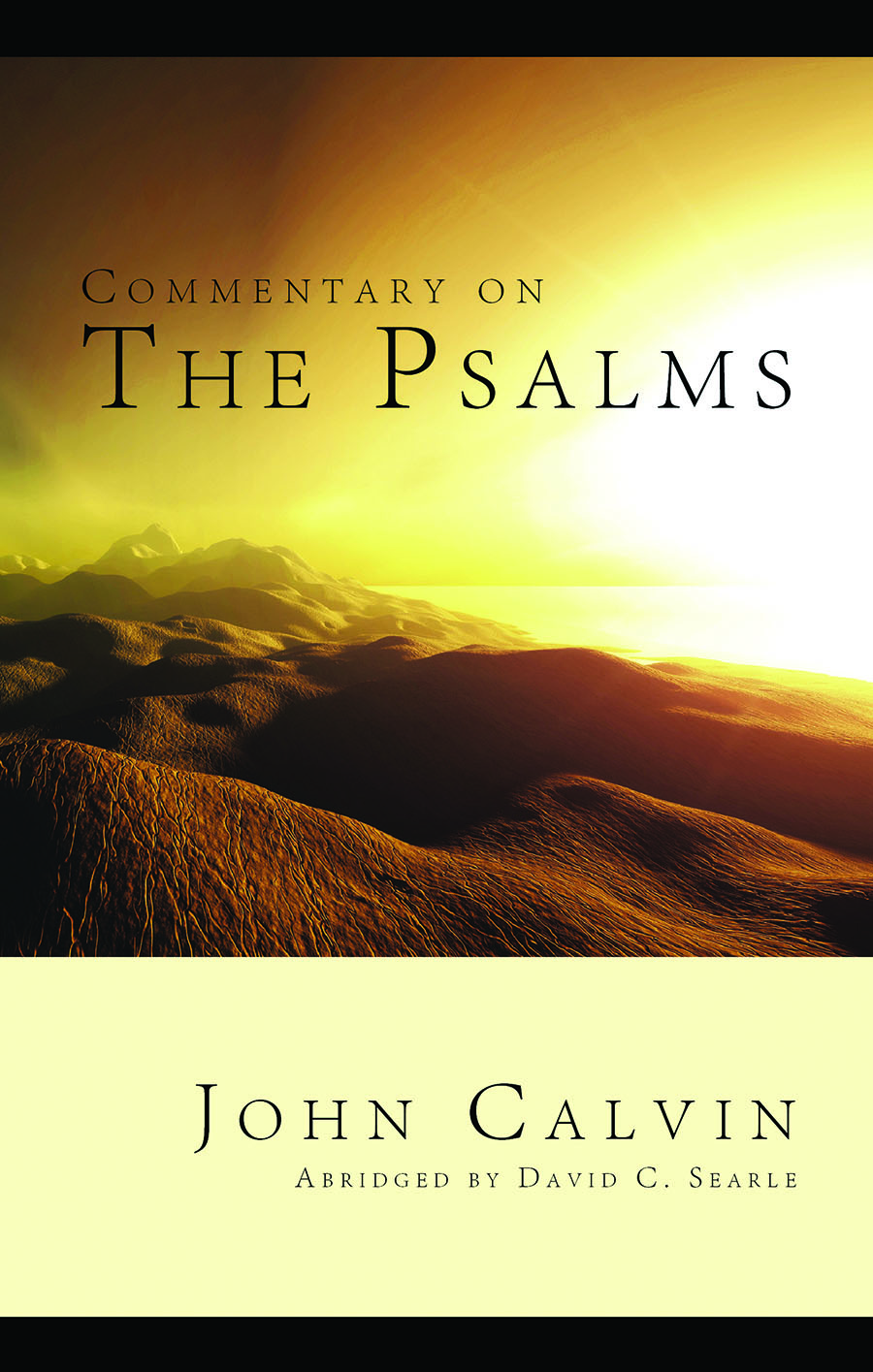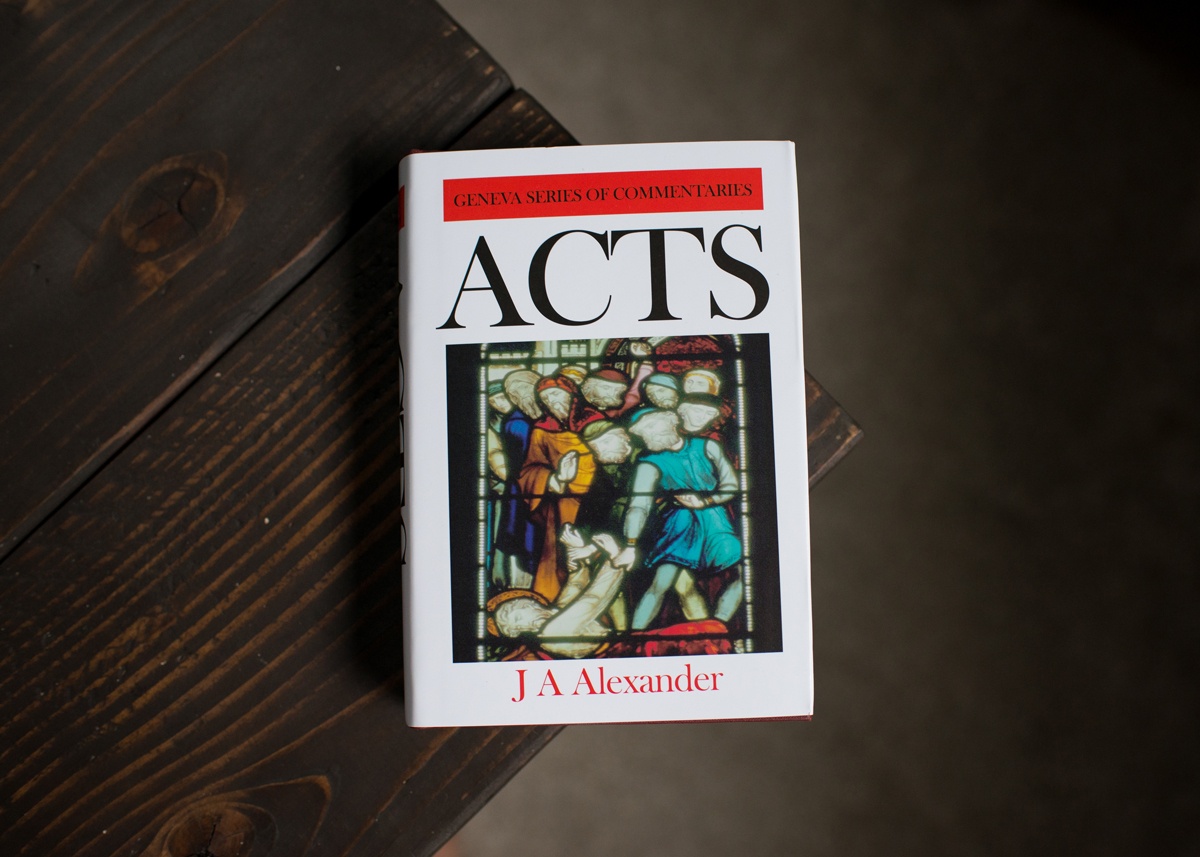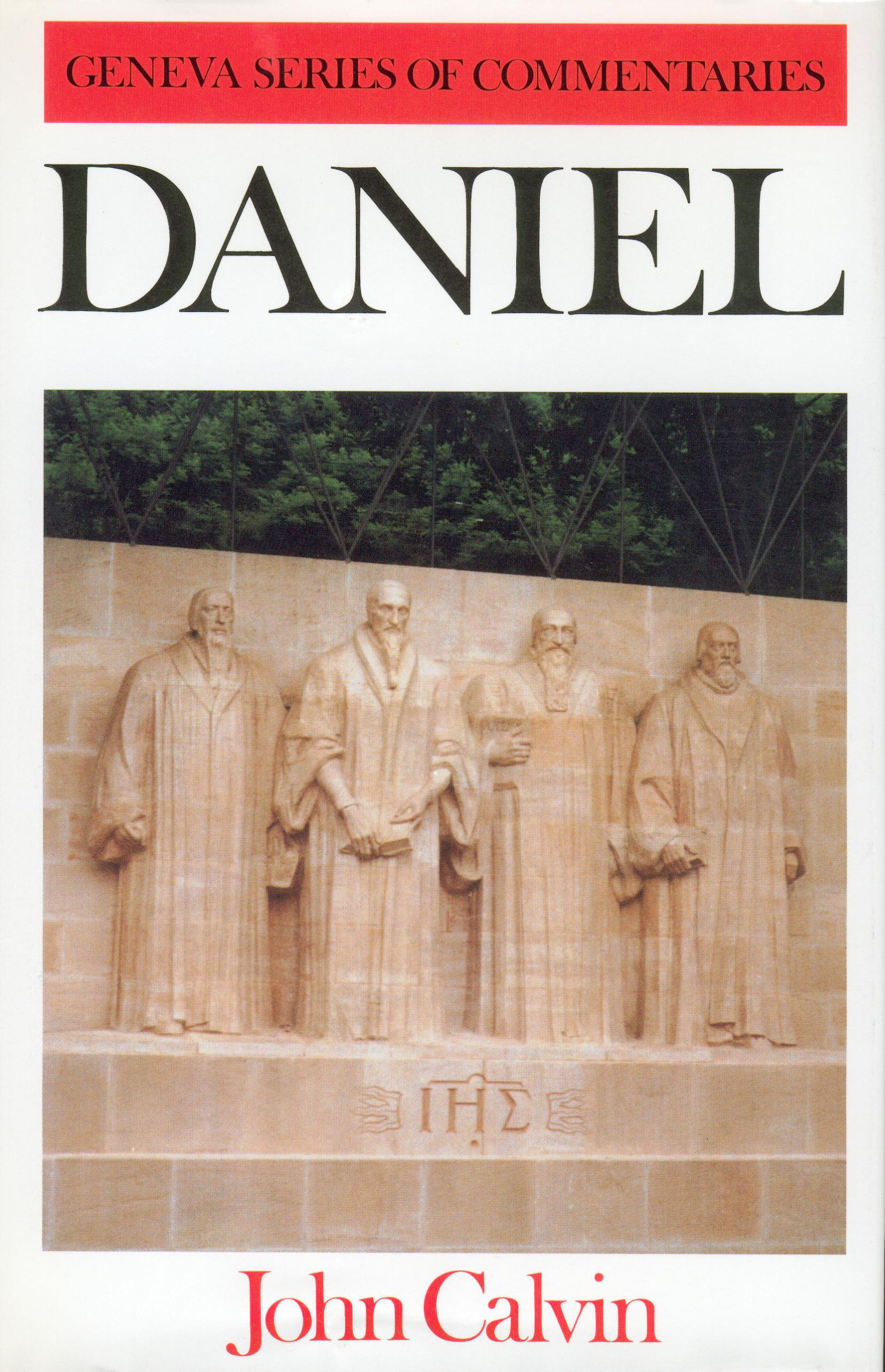Acts
| Weight | 0.82 kg |
|---|---|
| Dimensions | 19.6 × 13.3 × 3.9 cm |
| ISBN | 9780851513096 |
| Binding | Cloth-bound |
| Format | Book |
| Page Count | 984 |
| Series | Geneva Series of Commentaries |
| Scripture | Acts |
| Original Pub Date | 1857 |
| Banner Pub Date | Sep 1, 1963 |
Book Description
The author was the third son of the famous Archibald Alexander, and an eminent Christian teacher in his own right. The Schaff-Herzog Encyclopedia described him as the most remarkable linguist ever produced by America. Like his father, Alexander taught at Princeton Theological Seminary, occupying successively the chairs of Oriental and Biblical Literature, Church History, and New Testament Literature. His premature death was called by A.A. Hodge, ‘the most disastrous blow the institutions of Princeton ever experienced’.
Of this Commentary on Acts C. H. Spurgeon wrote, ‘In all respects a work of the highest merit’. J.H. Thornwell held the same opinion: ‘Alexander’s commentaries on Acts and Mark I regarded as models, as nearly perfection in their kind as human skill could make them, and I have been in the habit, not only of recommending them, but of insisting on my classes procuring and studying them’.
Alexander’s merit as a writer lies in his clarity and precision of thought. His great purpose is to state the meaning of the text of Scripture and the continuing demand for his commentaries is one proof of the extent to which he succeeded.
Jeff Kingswood: A Commentary That Leaves You Worshipping
Related products

Commentary on the Psalms
Abridged
Description
The clear, concentrated note-style of Alexander is perfect for Acts. All his commentaries are characterised by the same brief, lucid comments. Justly famous’—Tabernacle Bookshop Catalogue. 992pp.

Description
The clear, concentrated note-style of Alexander is perfect for Acts. All his commentaries are characterised by the same brief, lucid comments. Justly famous’—Tabernacle Bookshop Catalogue. 992pp.





James –
I used Alexander’s commentary for an eleven-part series on the trials of the Apostle Paul. I have several fine resources, yet time and again I found myself returning to Alexander to guide my thinking. So often when I was puzzled by a particular expression, an unusual feature within the narrative, or a need to focus on a specific point of courtroom rhetoric, it was Alexander who most clearly pointed the way. Those who are looking for a detailed unpacking in word-for-word fashion will doubtless decide to consult additional resources. But this commentary is of high value for understanding the complex courtroom drama and the fight for the Gospel within the trials of the Paul. Thank you, Banner!